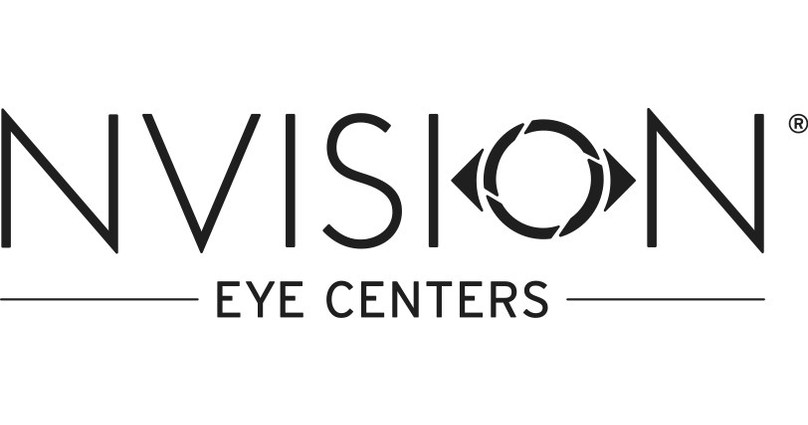Speciality: Ophthalmologist
NVISION Laser Eye Centers is a premium vision correction provider with a reputation of being the eye doctors’ #1 choice in vision correction. Some of our specialties include: LASIK Eye Surgery EVO ICL (Implantable Lens) SMILE Vision Correction Cataract Surgery Comprehensive Ophthalmology Premium IOLs Keratoconus...


